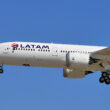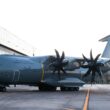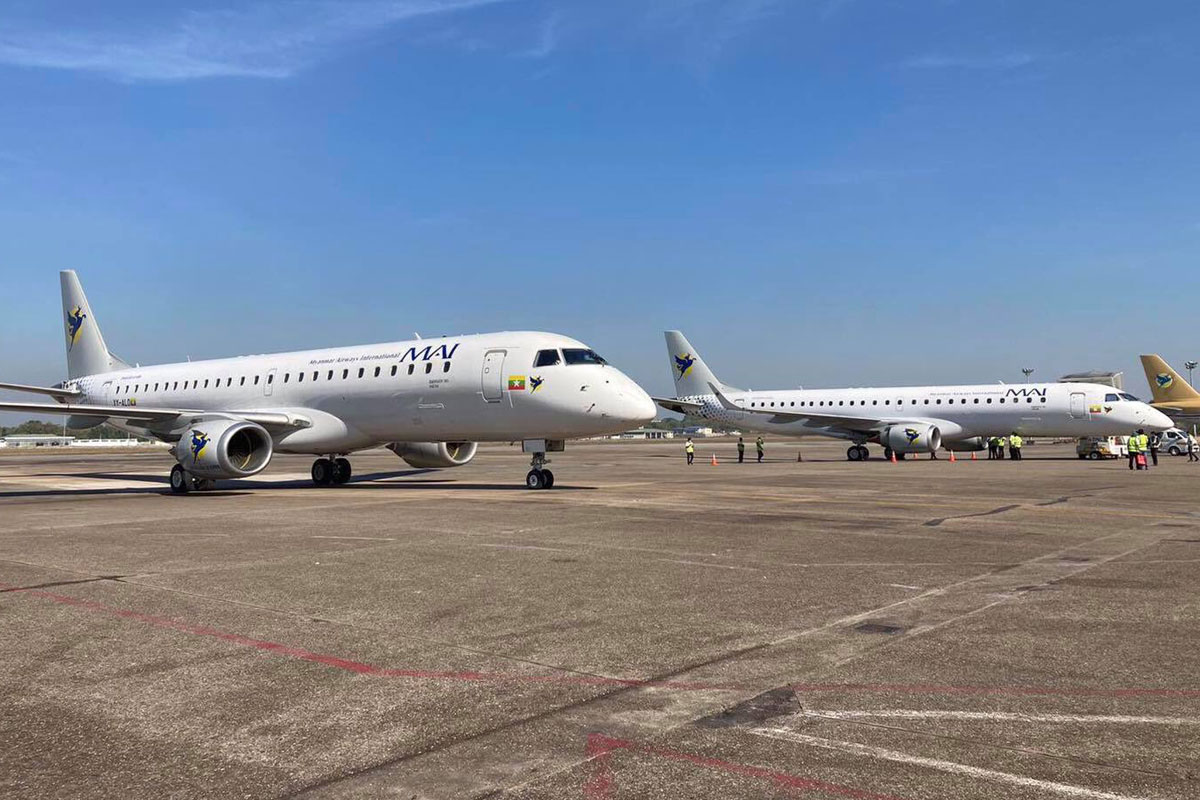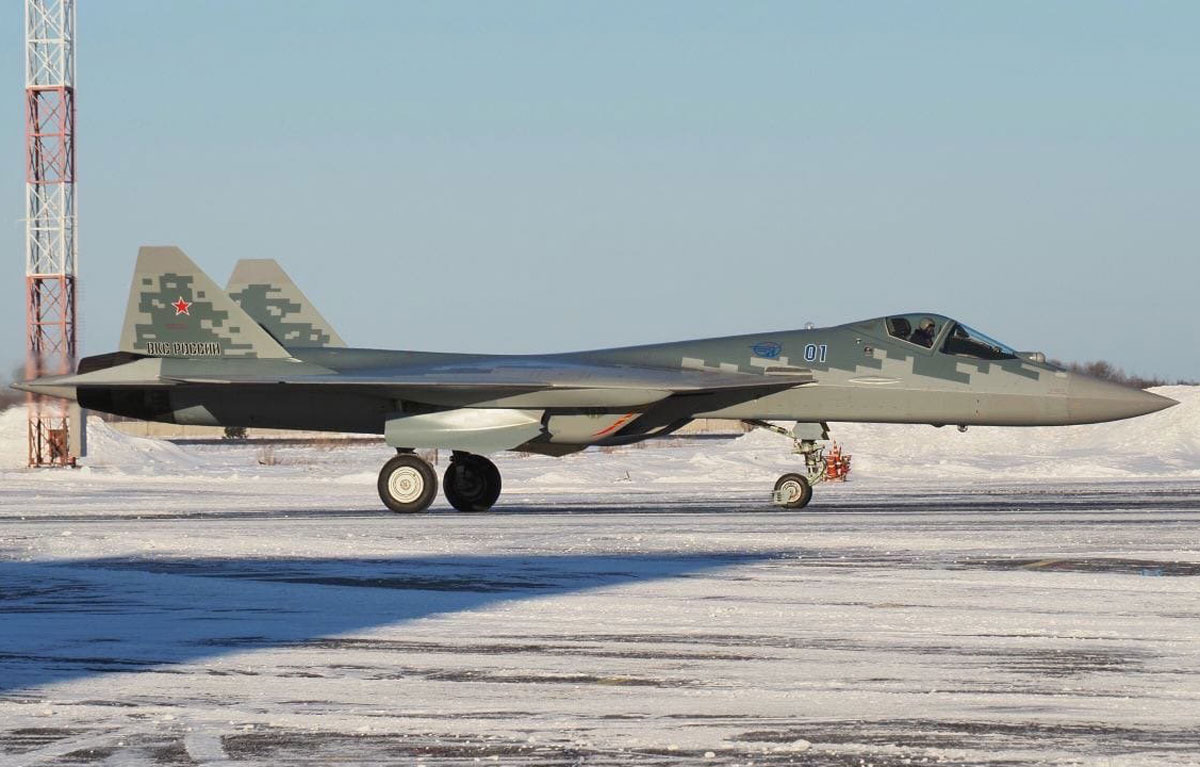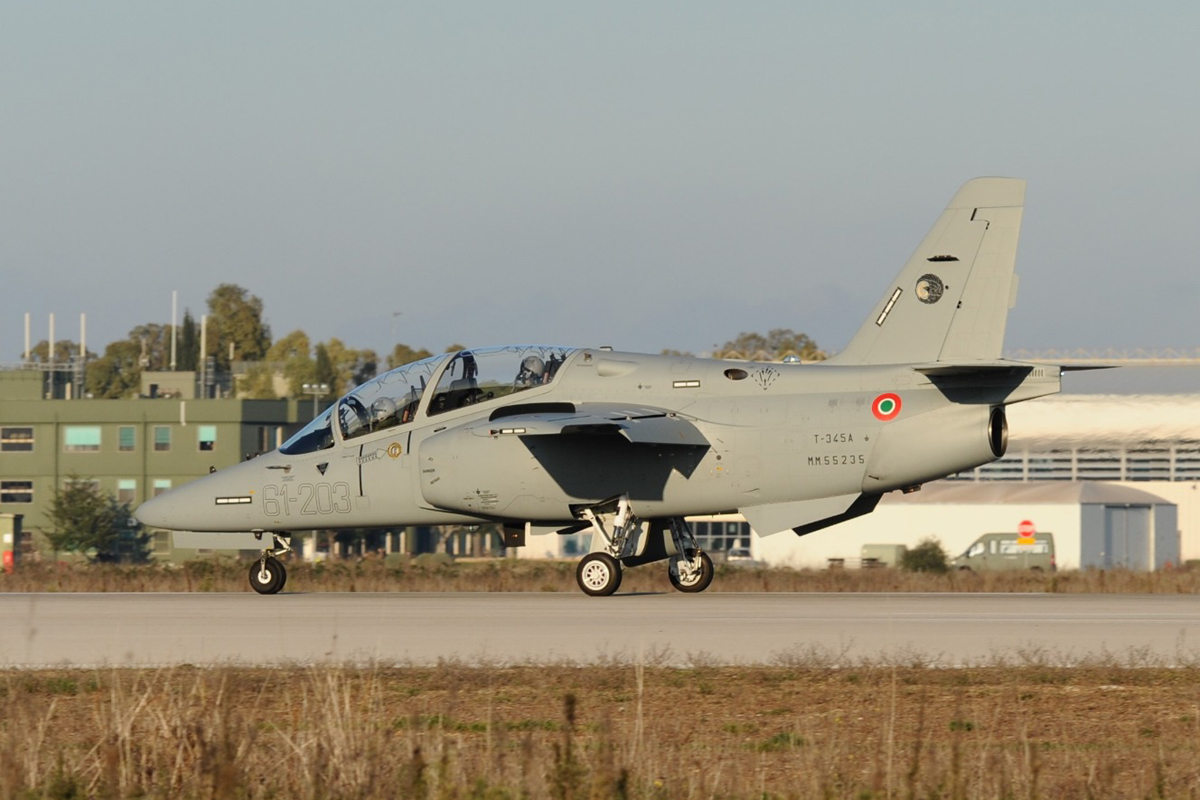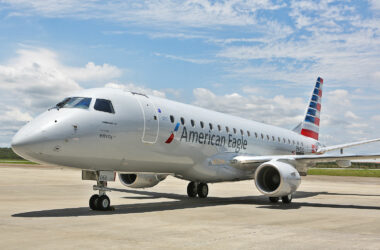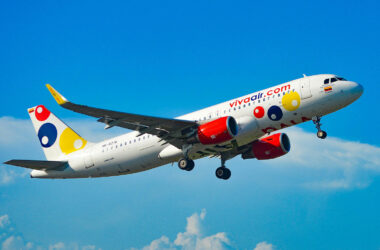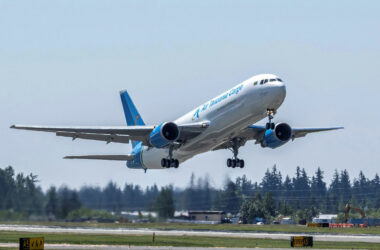In a year with very few orders for its new line of E2 jets, Embraer stood out for its used aircraft sales and leasing businesses. The first generation E-Jet family aircraft have been sought by companies looking for smaller models in a scenario of falling passenger demand.
The latest operator of the E190 is Myanmar Airways International, which put its first aircraft into service this week and also received the second model on December 23.
The Asian company is replacing turboprops used by its affiliate Air KBZ on flights where demand has grown in recent years. The two planes received were flying on China Eastern Airlines until recently.
“Our pilots, cabin crew, maintenance crew and our staff are proud to take MAI’s E190 to the skies and to serve our passengers with an enhanced flying experience,” said Saravanan Ramasamy, Chief Executive Officer of MAI. “We look forward to a productive partnership with Embraer. The operation of the E190 marks yet another important milestone in MAI’s fleet expansion strategy and domestic jet network growth. As the demand grows, we plan to scale up the frequency of our E190 operations to eight flights a day. ”
Busy market
The E-Jets fleet has undergone transformations in recent years. While some companies have started replacing jets like the E190 and E195, other companies are taking advantage of the availability of these planes to expand their services.
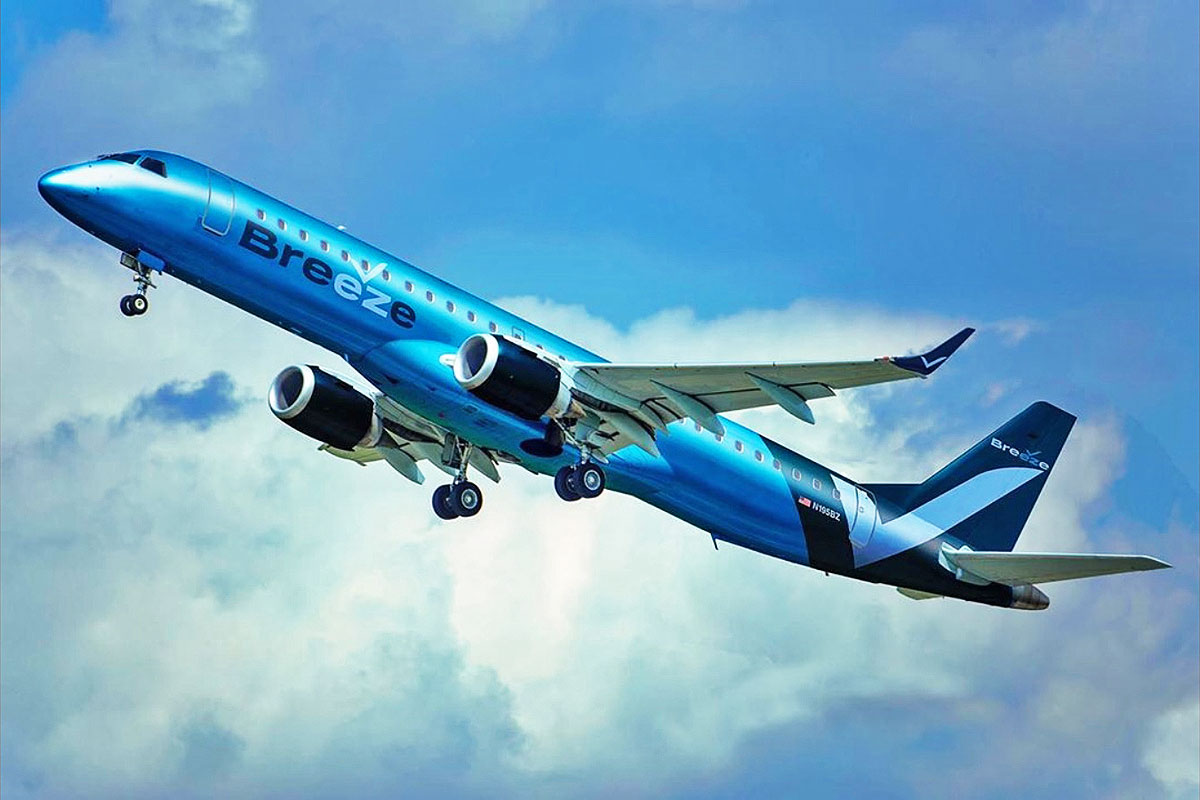
An example of this movement involves the Brazilian company Azul, one of Embraer’s largest aircraft operators. The company is replacing the first generation E-Jets with the new E195-E2 and passing on part of them to Breeze Airways, David Neeleman’s new low-cost.
Another company that is taking advantage of the E190 offer is Alliance Airlines, from Australia, which recently boosted its purchases of second-hand jets with an additional order for 16 planes – in all, it will operate 30 units, which will complement the Fokker fleet 100. The deal was considered a rare opportunity since, in the company’s executives’ view, the market will soon recover demand, depleting the availability of smaller planes.

